As expected, Manchester City manager Pep Guardiola wasn't too pleased to see Manchester United win their first trophy in six seasons at the weekend. Speaking to the media, Guardiola cited United's spending on players since 2017/18 and said "Sooner or later it should happen, shouldn’t it?."
Referring to their spending the City manager went on to say "It's normal, they're in the position they normally should be. The reality is that two teams, Liverpool and ourselves, have done incredibly well in the numbers".
Pep has a point too. Since United won the Europa League in 2017, the club has had a net spent of -£764.3. Over this time, other Premier League clubs have won 22 trophies at domestic, European and world club levels.
The data below below demonstrate just how expensive the EFL Cup has been for United and illustrates net spend per trophy won from the 2017/18 season to 2022/23, for the six successful clubs.
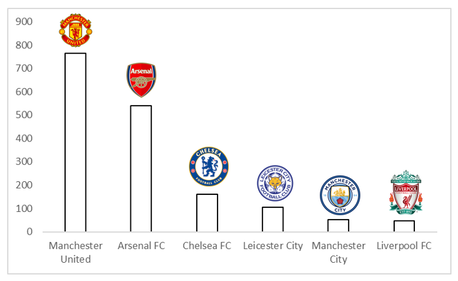
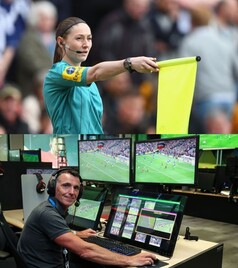
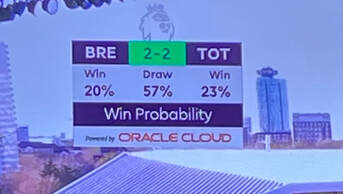
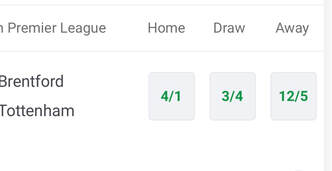
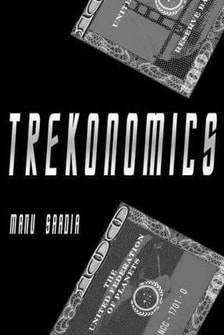
 RSS Feed
RSS Feed